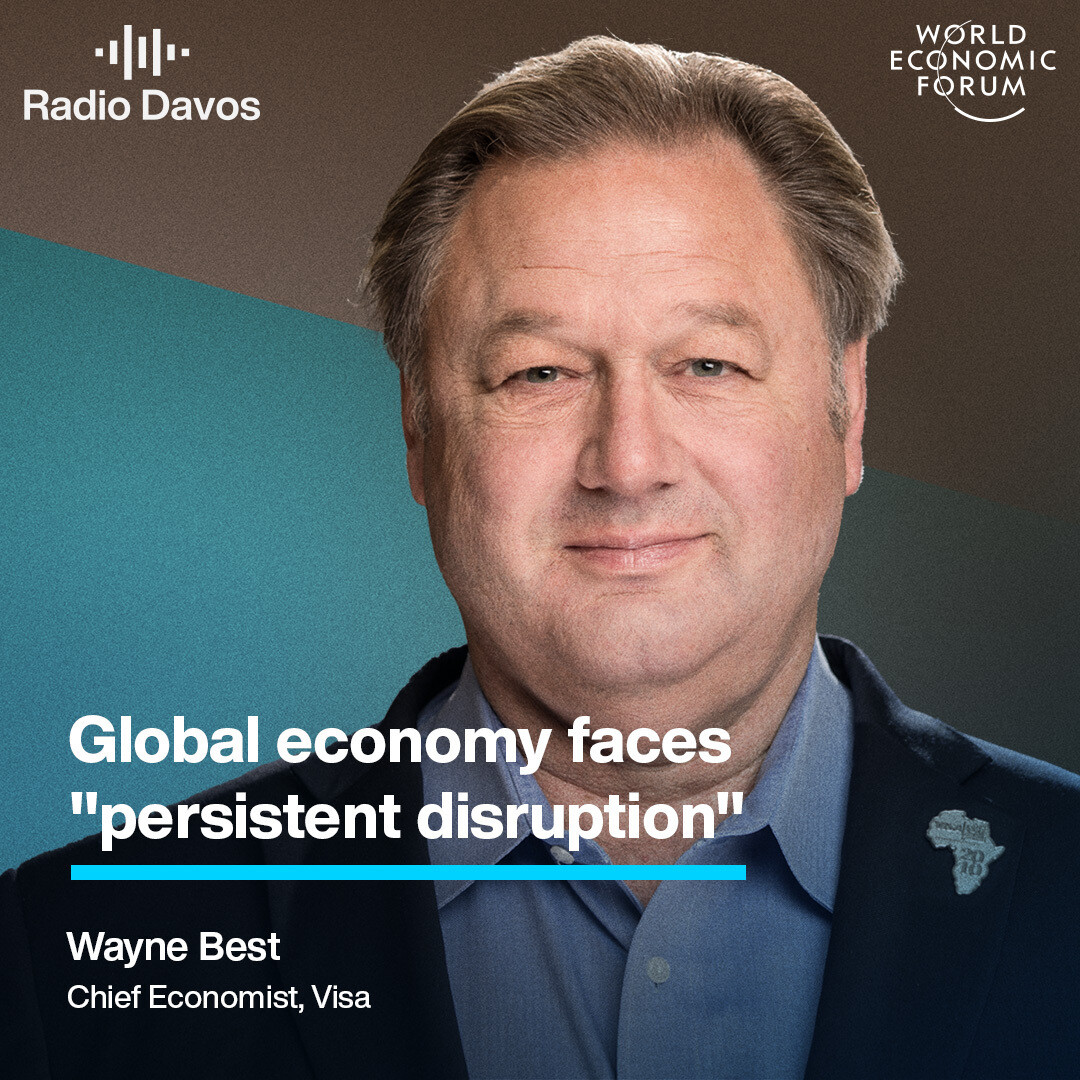View from China: Why dialogue and collaboration is key for a global post-pandemic recovery

Dialogues between China and the rest of the world are vital for post-pandemic recovery.
Image: Unsplash/Henry Chen
Stay up to date:
Geopolitics
Listen to the article
- The world is still grappling with significant disruptions to economic and geopolitical systems in wake of COVID-19.
- In China, the pandemic has accelerated digital transformation, leading to a multi-trillion-dollar market in the next three to five years.
- Through increased dialogue between China and the rest of the world, we can work together to build a better future for all.
We sit in the midst of arguably one of the most challenging global realities, where economic and geopolitical systems have been weakened by the COVID-19 pandemic.
High commodity prices, inflation, and disruptions to the international trade and supply chains have not only impacted global economies, but also derailed promises and progress in achieving important global targets such as the United Nations’ Sustainable Development Goals.
More than two years into the COVID-19 pandemic, countries around the world have demonstrated their resilience in different economic and cultural settings. However, even though global travel is in recovery, a global economic recession is on the horizon.
In the recent China economic update published by the World Bank, a 4.3% real GDP growth in 2022 is projected – 0.8 percentage points lower than the December 2021 version. Growth momentum is expected to rebound in the second half of 2022, helped by aggressive policy stimulus to mitigate the economic downturn.
China's approach for pandemic recovery
China has taken on a different approach than many other major economies in tackling COVID-19, as it sought to balance anti-pandemic measures with economic growth. It is important to have more communication and dialogue between China and the rest of the world, and to create space for mutual understanding and consensus.
At the recent New Champion Dialogues 2022, community members from the World Economic Forum identified three key areas for action to enhance communication and understanding between China and the world.
1. Build trust through dialogue and networks
The pandemic has brought a significant improvement to our adaption to virtual meetings, but the unique value and human elements of face-to-face interactions cannot be neglected.
In-person meetings are essential in building a baseline level of trust for people with different cultural backgrounds.
Generating more opportunities for in-person exchange is the key to facilitating real dialogues between cultures to establish communities that have different opinions, but open minds.
2. Use technology as a vehicle for good
Technological innovation could serve as a natural vehicle for reaching a global impact in many sectors.
Despite the downside pressure of the pandemic, Chinese business leaders are among those across the world who have shown extraordinary entrepreneurship to drive solutions to the ever complex social, environmental, and economic realities we face today.
Take the health industry as an example. The pandemic has not only tested the global healthcare system but also revealed particularly the lack of readiness in taking care of the elderly population.
This should encourage the industry to leverage technology, such as artificial intelligence and personalized data, to develop more preventive measures for high-risk chronic diseases faced by the elderly population.
In the financial industry, technology enables new opportunities to collect, measure, and analyse data from different systems so that financial institutions can leverage green finance to achieve strategic goals of decarbonization.
As a key element of technology, data security and data privacy ranks as the priority for policy-makers and regulators in China. There is also a trend to improve the cross-industry application of big data, as well as the improvement of relevant regulation and policies to support the cohesive development of these industries in China.
3. Identify common interests for collaboration
Common interest is the goal of any format of collaboration. Common interests, dialogue and tools such as technology could be effective and efficient. A global consensus on climate change has a common interest – it recognizes that only economic growth which takes into consideration our planet’s sustainability is the growth that we want.
In China, the decarbonization and emission peaking goals will offer many opportunities for stakeholders to work together, especially in the renewable energy sector and carbon neutrality-related industries.
What is the World Economic Forum doing to help companies reduce carbon emissions?
The common interest lies at the point where foreign investors could also benefit from the future growth of China. There are several industries that will have trillion-dollar opportunities in the next three to five years, according to one expert, including the next generation of software-as-a-service, advanced manufacturing, real estate and electric vehicles (EVs).
For example, China dominates the global electric vehicle (EV) market with 3.52 million EVs sold in 2021, an overall share of 53%. This marks an increase of 2 million EV units on 2020, which is more than the combined increase of all other regions taken together.
This trend is expected to continue with China striving to cut carbon emissions in all fields, as well as to support EV manufacturing and consumption with subsidies, tax exemption and investment in EV infrastructure.
With the tremendous growth opportunities for the global community in the post-pandemic world, there is a real need to hear more perspectives from China. Dialogues between the rest of the world and China are essential in building trust and identifying common interests for a better future.
Don't miss any update on this topic
Create a free account and access your personalized content collection with our latest publications and analyses.
License and Republishing
World Economic Forum articles may be republished in accordance with the Creative Commons Attribution-NonCommercial-NoDerivatives 4.0 International Public License, and in accordance with our Terms of Use.
The views expressed in this article are those of the author alone and not the World Economic Forum.
Forum Stories newsletter
Bringing you weekly curated insights and analysis on the global issues that matter.
More on Geo-Economics and PoliticsSee all
Network of the Global Future Councils and Kaiser Kuo
November 4, 2025
Sam Butler-Sloss and Daan Walter
October 22, 2025
Kirsty Paine and Luna Rohland
October 17, 2025
Cathy Li and Andrew Caruana Galizia
September 23, 2025
Sofiane Khatib and Caroline Berson
September 19, 2025






